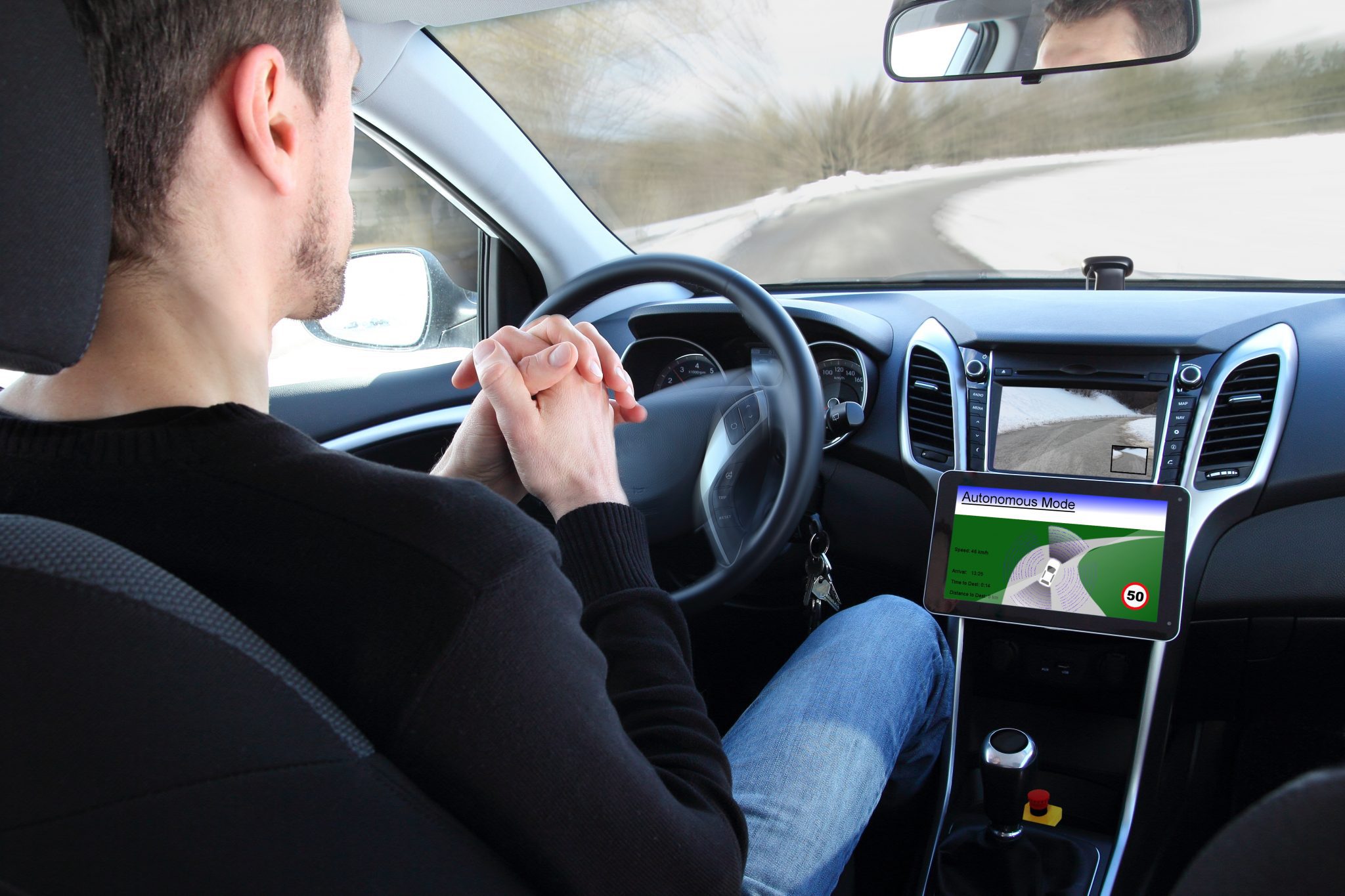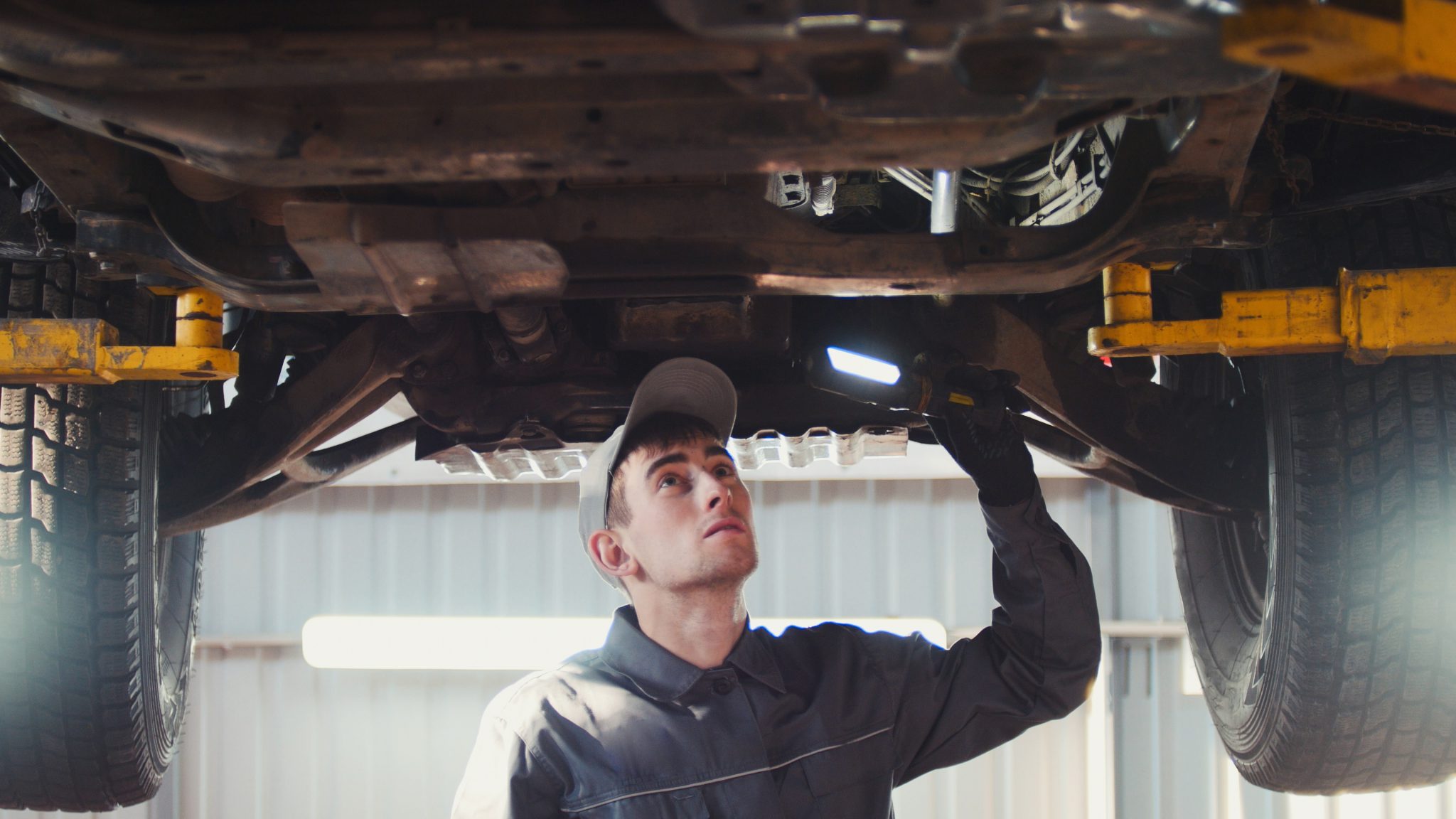Steve Jobs, CEO, and co-founder of Apple had an interesting philosophy of figuring out what customers wanted. He felt it was Apple’s mission to bring consumers what they desired before they even knew they wanted it. This meant some high-end guesswork and an unwavering commitment to innovation even if customers were not yet on board. We all know the outcome of Apple’s gamble, software, and hardware that disrupted the phone and music industry. The autonomous vehicle is looking to be that industry disrupter, the technology that people had no idea they wanted.
One of the drivers of this change is the joining of forces between ride-hailing services and autonomous vehicles. Uber has announced partnerships with Volvo and Daimler, while Lyft is joining General Motors, Jaguar Land Rover, Waymo, NuTonomy, and Ford to bring autonomous vehicles to the masses. Manufacturers are using ride-hailing services to introduce the public to their forays into autonomous vehicles. However, could these partnerships work well enough to convince consumers not to purchase vehicles at all?
Does the autonomous vehicle make ride-sharing more attractive, and is the convenience of having someone else worry about commuting on demand alluring enough to make people ditch the car buying process? Adam Jonas, Morgan Stanley Analyst, feels that independently owned dealerships could be a thing of the past as the need to own a vehicle will decrease as the popularity of self-driving cars increases. He projects that 10,000 dealers will consolidate into ten mega-fleet managers that regulate autonomous vehicle usage. Could Lyft and Uber partnerships be a precursor to these consolidations? Could we be heading to a significant automobile industry disruption that mirrors Apple’s?
The Impact on Consumers
Car buying is a multi-layered process. Driving a car is a milestone as a teenager, and purchasing a vehicle as an adult shows financial independence. When new parents select a car, they are acknowledging the recent life change that has occurred by preparing to purchase a piece of technology they will spend a lot of time in, a home-on-the-go. Automobiles allow us to have control of how and when we want to travel. However, are people ready to give up their attachments to the car buying process to embrace a model that incorporates autonomous vehicles and ridesharing that eventually does away with ownership?
Can We Take a Hint from Public-Transit Heavy Cities?
In 2012, the amount of U.S. households without a vehicle was approaching 10 percent, roughly putting the number of households without at 12 million. According to Michael Sivak, a researcher at the University of Michigan Transportation Research Institute, cities where public transportation is more accessible, the numbers of households without a vehicle rises substantially. New York City at 56 percent, Washington D.C. at 38 percent, and Boston at 37 percent. When given the option to have someone else worry about getting them from point A to point B, Americans seem to embrace alternative methods of transportation and forego owning a car.
The Attraction of Flexibility
While BOOK by Cadillac, a subscription service for people who want on-demand access to Cadillac cars that launched this year, has experienced some initial issues the response to the efforts has been so intense that there is more demand than available vehicles.
Consumers live in a time where Amazon promises one-hour deliveries, and they can watch their favorite shows in the comfort of their home or on-the-go. People enjoy flexibility and want options that do not tie them down to long-term commitments, especially in times of economic uncertainty. No one knows this better than the phone servicing industry.
In the third quarter of 2016, T-Mobile was the only company to experience gains, while AT&T, Verizon, and Sprint faltered. T-Mobile is known for cutting the need for contracts. Consumers can opt-in or out of their service when they want. Regarding automobiles, the evolution of services from partnerships with Lyft and Uber could allow consumers to have the benefits of car usage without contracts or even having to operate the vehicle granting maximum flexibility.
Car Ownership Is Declining Overall
New York City and Boston are not the only places seeing a decline in car ownership that subsequently leads to fewer visits to car dealers. States like Maine, Michigan, Nevada, and Indiana also have seen some of the highest numbers of people walking away from the car buying experience. This is going beyond urban centers and entering states with more rural and suburban populations to show that this could turn into a mainstream trend. In fact, car ownership has gradually decreased since the Census began in the 1960s. This falls in line with predictions by Bob Lutz, former VP of General Motors, who expects consumers to fully embrace riding in autonomous modules that are branded by ride-hailing services in 15 to 20 years. A continual decline in car buying and the prevalence of ridesharing opportunities of self-driving vehicles in daily life could inevitably disrupt the automobile industry as we know it.
Where Does This Leave the Dealer?
Automakers could make a significant choice that would negatively impact dealers depending upon the outcome of these partnerships. If popularity of this arrangement increases, then dealers may see less inventory funneled their way. Additionally, if tastes shift toward ride sharing instead of car ownership, then dealers would see a change in their purpose, but it does not mean they are unnecessary. It will take a while for traditional vehicles to cycle out of the current space if this does occur, so dealers would still be needed to service human-driven cars that are still on the road. Self-driving vehicles still have to gain the trust of the American people, but if manufacturers establish more partnerships with ride-sharing entities to bring these cars to the masses, and people see less of a need to purchase a car as a result then the future of the dealer could be unpredictable.








